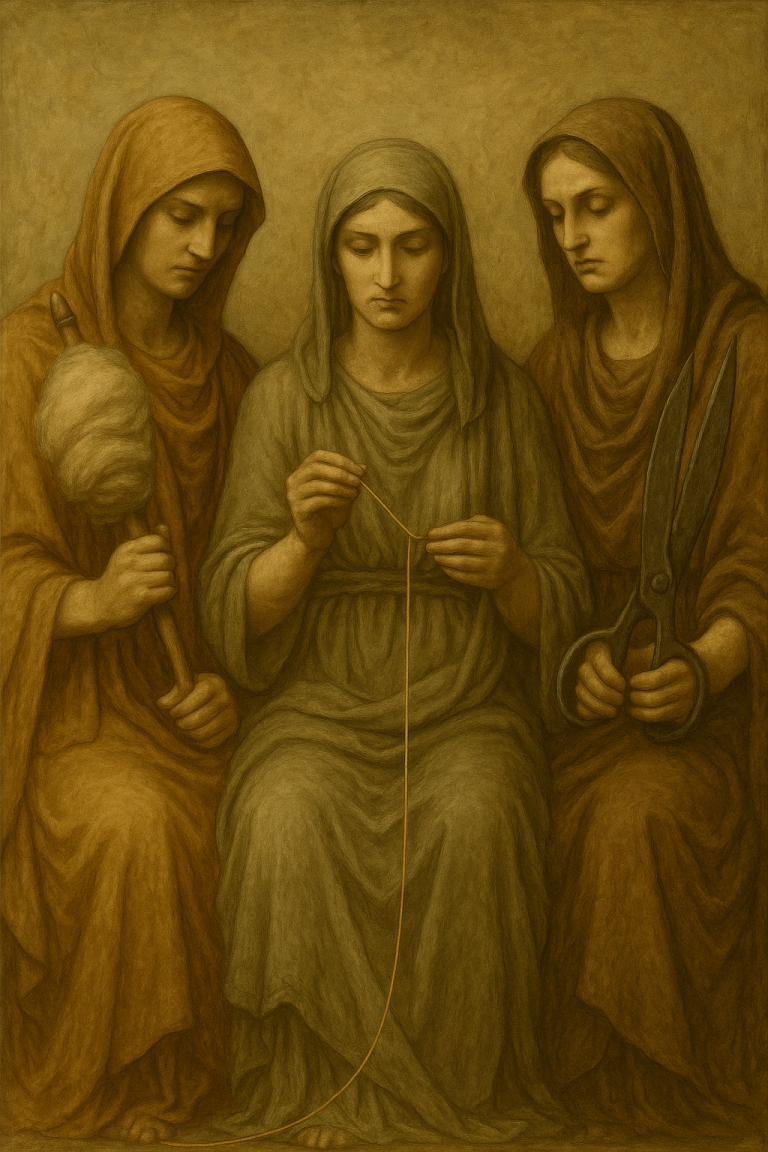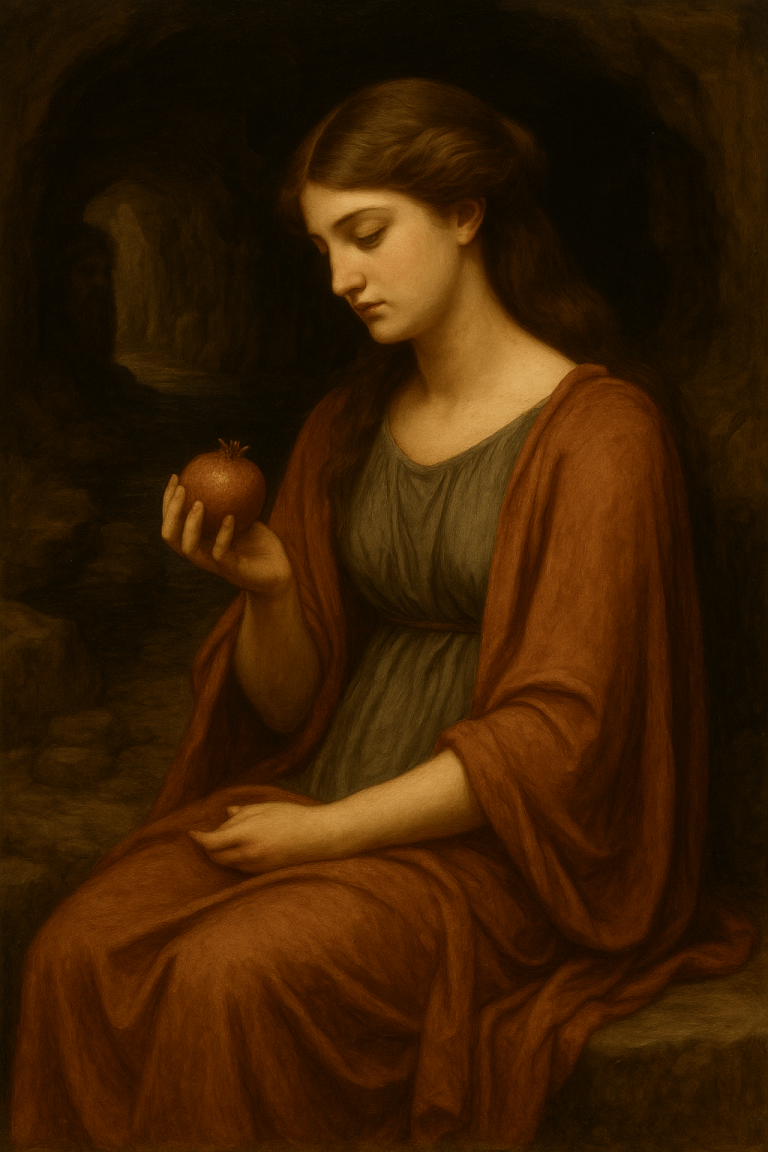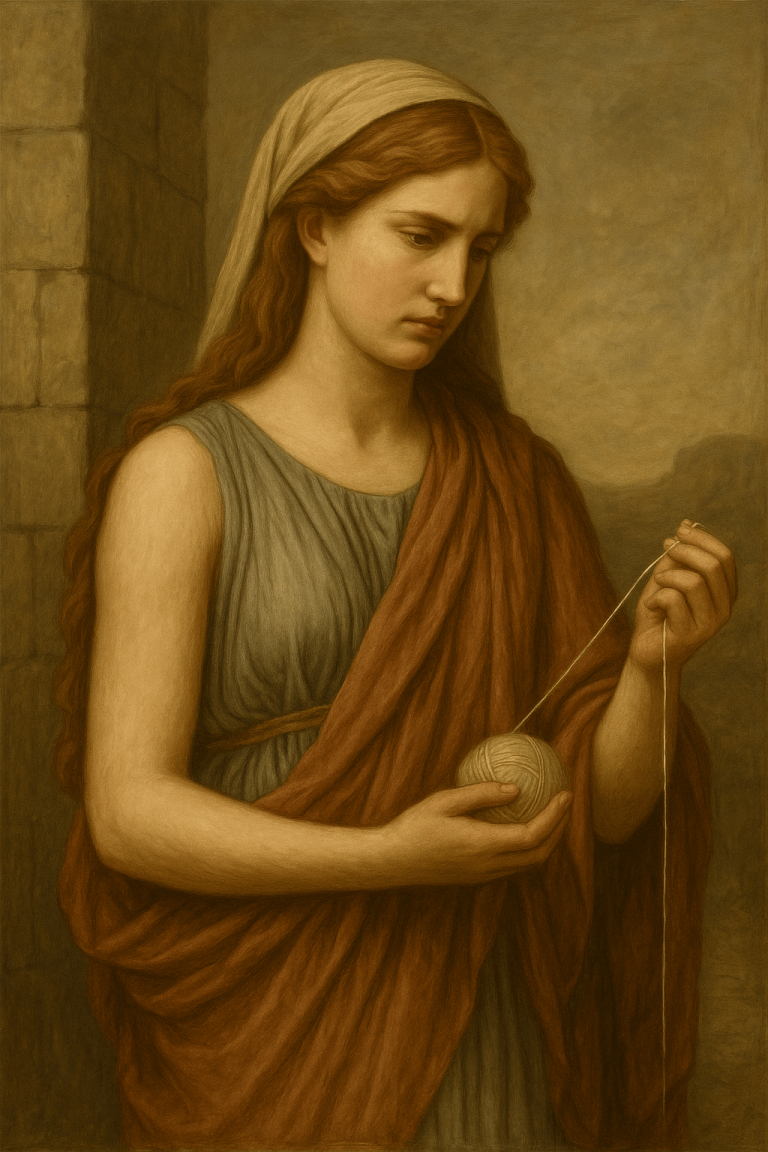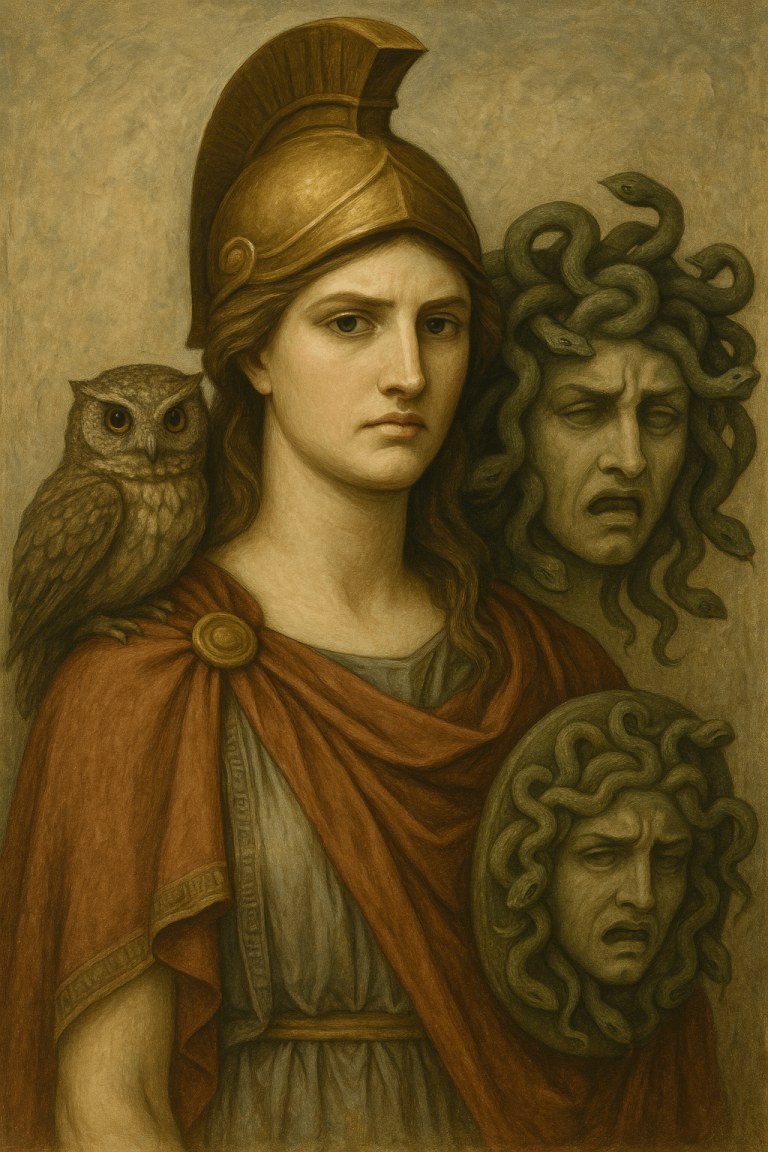
Pandora Wasn’t Curious — She Was Framed
If you’ve ever heard the phrase “Pandora’s box,” chances are it came with a warning — “Don’t ask too many questions,” or “Don’t dig too deep.” Pandora has long been blamed for opening the lid on chaos, letting pain and suffering into the world.
But let’s take a closer look.
Because when you strip away the patriarchal retellings and revisit the original myth, you start to see something else entirely: Pandora wasn’t curious. She was framed.
The Version You Know
The common story goes like this: Pandora, the first woman created by the gods, was gifted a box (or more accurately, a jar) and told never to open it. Overcome by curiosity, she opened it anyway — and all the evils of the world came spilling out: disease, sorrow, war, greed. Only hope remained inside.
That’s how we’ve told it for centuries: that women can’t be trusted, that curiosity is dangerous, and that disobedience leads to ruin. Sound familiar?
The Version You Don’t Know
Let’s backtrack. In the earlier Greek myths — especially Hesiod’s Works and Days — Pandora wasn’t just a woman. She was a trap. Crafted by the gods as punishment for humanity after Prometheus stole fire for mankind. She was made beautiful, alluring, and silent — a gift designed to cause suffering. She was never given a fair chance.
The “box” she carried wasn’t a gift for her — it was a cursed object handed to her by Zeus himself. Some versions even imply she was commanded to open it or manipulated into doing so. So why has she been remembered not as a victim of divine games, but as the origin of human misery?
The Real Message
Pandora’s myth is not a warning against curiosity — it’s a cautionary tale about control. About how women have been blamed for centuries for choices they never truly made. About how stories are shaped by those in power, and how easily blame can be passed down through generations.
Pandora didn’t bring evil into the world. She was used as a scapegoat to explain it.
And let’s not forget: Hope remained inside. Even after all the suffering was unleashed, hope — fragile but persistent — lingered.
Why It Still Matters
We’re still taught to be cautious. To not ask too many questions. To stay quiet, pretty, and small — or risk being the one who “opened the box.” Pandora’s story teaches us to rethink that instinct. To ask: who benefits from women being silent? Who profits from painting us as too curious, too emotional, too dangerous?
Reclaiming Pandora means reclaiming curiosity. It means believing that questioning is not sin — it’s survival. And that maybe, just maybe, the jar was never hers to begin with.
Final Thoughts
So the next time someone warns you not to open the metaphorical box, think of Pandora. Not as the one who doomed us all — but as the woman who dared to reach for something she didn’t understand.
And remember: even when everything spilled out, hope remained.





